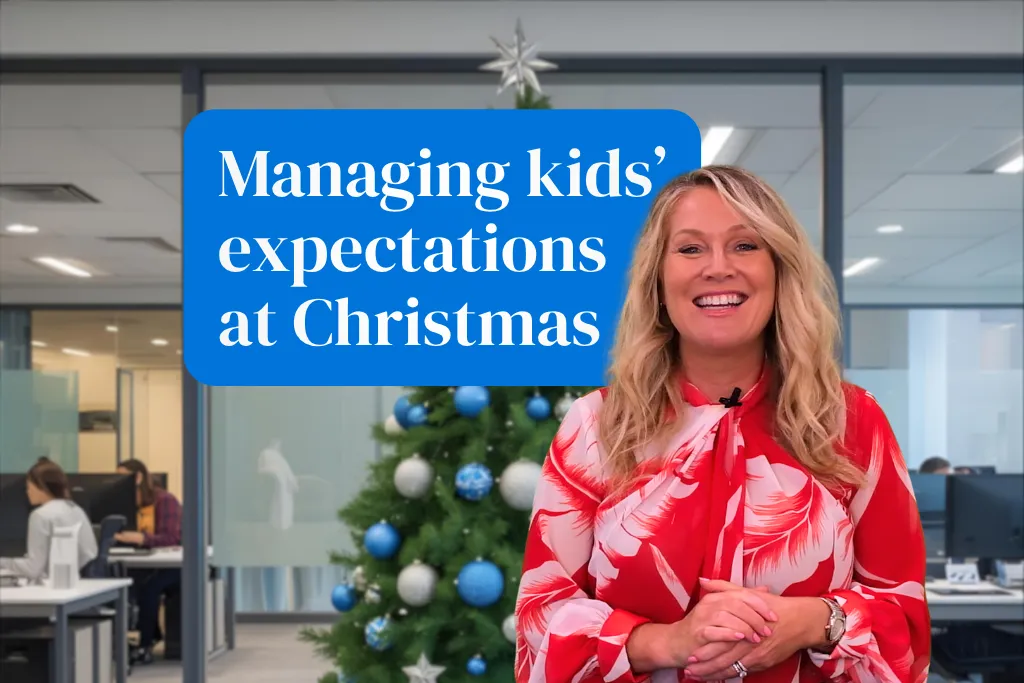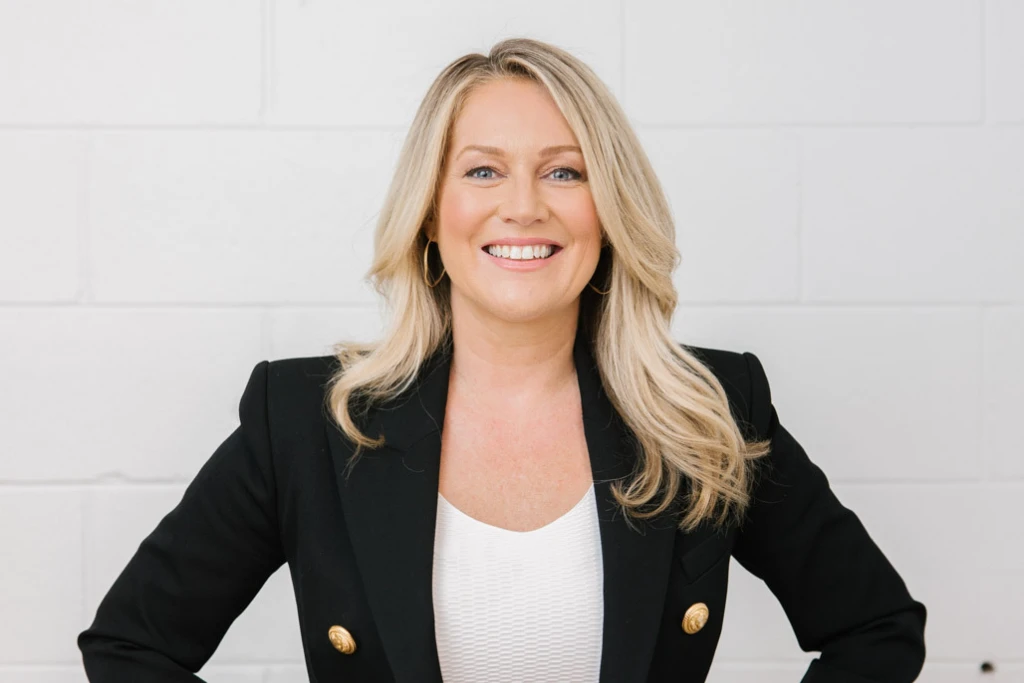Building your financial armour: thriving in tough times

Let’s be honest, the financial world can feel like a bit of a rollercoaster lately, right? One minute it’s up, the next it’s a bit wobbly, and it’s easy to feel a bit uneasy about your own financial situation. But here’s the thing: you don’t have to just ride the waves and hope for the best. You can actually build incredible financial resilience, that inner strength that helps you not just survive, but truly thrive, no matter what economic curveballs come your way. As the Founder and Director of MyBudget, I’ve spent over 25 years helping Australians gain control of their finances, and I know firsthand the power of being prepared.
Financial resilience isn’t some fancy economic term. It’s simply about having the confidence and smart strategies in place so that when life throws a spanner in the works, whether it’s an unexpected bill, a shift in the job market, or the cost of living crisis, you’re ready. It’s about taking control, rather than feeling controlled by your finances.
And it’s a feeling many Australians share, a recent AMP report from July 2024 highlighted that only 1 in 3 Australians feel financially secure. But we can change that.
So, how do we build this incredible financial armour? It’s all about proactive steps and a really smart money mindset.
Ready to get crystal clear on your money? Here’s how to create your plan!
You wouldn’t start a road trip without knowing where you are, would you? Your finances are the same. This isn’t about judgement; it’s about empowerment. Knowing your current financial position is the very first step to building financial resilience.
How do you understand where your money is going?
Grab a cuppa and really look at your income versus expenses. Every dollar has a job! Knowing your numbers is the first, most powerful step in managing your money better. The good old spreadsheet is out there to help you do this without it feeling like a chore, or you can download our free Personal Budget Template from our website.
Why is an emergency fund vital right now?
We all know how important an emergency fund is, but in uncertain times, it’s even more vital. Think of it as your financial shock absorber. Aim for at least three months of essential living expenses tucked away where you can access it quickly if needed. This takes so much pressure off when the unexpected happens, like an unexpected bill or job market shift. If this sounds like a lot, or daunting, start with a target of $1000 in emergency savings.
How can tackling debt improve your financial control?
High-interest debt, like credit cards, can feel like a constant weight. Making a plan to pay these down isn’t just about saving money on interest; it’s about freeing up your cash flow and giving you more flexibility and control. This is a huge step in improving your financial stability.
Is your money plan flexible enough? Why adaptability is key to financial resilience.
Life changes, and so should your budget plan. Rigidity is the enemy of resilience when managing your household budget or personal finances.
How do you prioritise your spending when things get tight?
Think of your money in layers: what do you need to live, what do you want that adds happiness, and what are you putting towards your future? When rising costs hit, you know exactly where you can adjust without feeling deprived. This smart approach helps you save money on groceries in Australia or other essential spending when needed.
Why should you budget for unexpected costs?
Instead of dreading unexpected costs, budget for them! Think annual car service, home repairs, and even Christmas. Having specific savings pots or “streams,” as we call them at MyBudget, takes away the money stress. This proactive planning is key to avoiding financial stress.
What is a “flex/fun savings stream” and why do you need one?
This is a little extra buffer in your budget, separate from your emergency fund, that allows you to absorb smaller, everyday surprises without derailing your main budget. It’s like a little financial breathing room, your personal financial safety net for the small stuff.
Growing and protecting what you’ve got: making your money work harder for you.
Building resilience also means making your money work harder for you, safely.
How can diversifying investments protect your money?
If you’re investing, spreading your money across different types of investments helps protect you if one area takes a hit. It’s like diversifying your diet for better health! This is a core principle for smart money management.
Why is insurance a necessary financial safety net?
We often see insurance as an expense, but it’s truly your financial safety net. Think about income protection, life insurance, and even critical illness cover. These are there to catch you if bigger life events come along and impact your ability to earn, helping to safeguard your financial future.
How does investing in your skills protect your income?
The job market is always evolving. Investing in your skills and staying current makes you more adaptable and valuable, protecting your income streams in the long run. It can also help you get promotions! You can learn so much online these days too, and ebooks can be really affordable when you consider how much you learn from them. This is a crucial aspect of personal financial planning.
The power of your mindset: how attitude shapes your financial success.
Finally, your attitude towards money is really powerful. With financial stress reaching its highest level in 10 years (AMP, July 2024), managing your mindset is more important than ever.
How can you stay informed about the economy without feeling overwhelmed?
Know what’s happening in the economy, but don’t let it consume you. Focus on what you can control in your own financial world. As I always say, “control the controllables.” This positive mindset is crucial for financial well-being.
Why is talking about money so important?
Money can be a taboo subject, but open conversations with your partner or a trusted financial expert can make a world of difference. You’re not alone in this! Sharing your financial goals and challenges can lead to breakthrough solutions.
When should you get expert guidance for your finances?
Sometimes, you just need a guiding hand. A financial coach or budgeting expert can help you see the bigger picture, set up your personalised budget plan, and keep you accountable. It’s like having a personal trainer for your money! I always say, well, I could cut my own hair, but I don’t, I go to a hairdresser as they’re the expert. It’s the same for your finances. This is where Personal Budgeting Specialists can truly make a difference.
Building financial resilience isn’t about being perfect; it’s about being prepared, proactive, and positive. It’s about empowering yourself to face financial uncertainty with confidence, knowing you have the tools and the plan to not just get through it, but to come out stronger and ready to build the life you truly desire.
Think about one step you can take today to build a little more financial armour for yourself? My big tip here is, it starts with having a budget!



